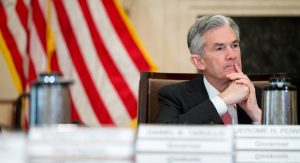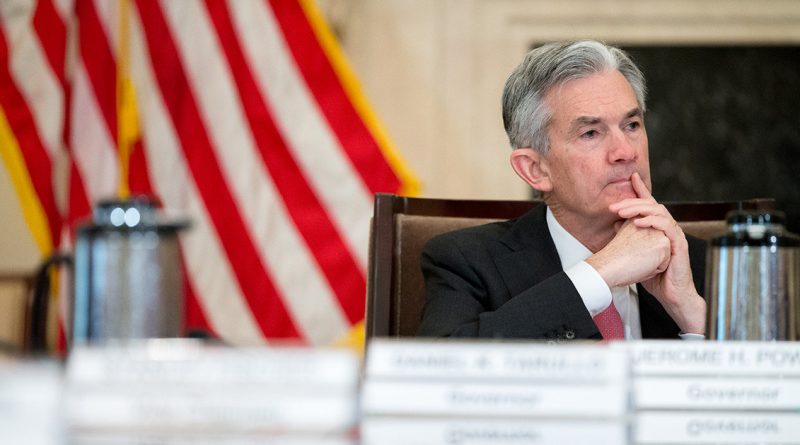Federal Reserve Pledges to Keep Rates Low Due to Swings in COVID Cases
Alyssa Mar
Trending Writer

The Federal Reserve has promised to maintain record-low interest rates to support the United States economy in the pandemic’s worsening times. As COVID-19 cases continuously shatter record highs set by the U.S., it has left many economists convinced that the economy cannot make any sustained recovery until the epidemic is maintained and that most Americans will feel safe conducting their normal outdoor daily activities. Following the Fed’s update on its monetary policy last Thursday, the near-zero interest rates are intended to stimulate spending and inject liquidity into the economy.
By setting lower interest rates, businesses and individuals can secure loans on convenient terms to expand their activities and spend more on larger consumer items. According to PBS News, the Fed plans to buy back $120B a month in bonds through open market operations – more specifically $80B in Treasury bonds and $40B in mortgage bonds – to keep borrowing costs low for the long-term. To achieve a 2% inflation rate, Fed Chairman, Jerome Powell, believes this to be the path to a healthy recovery. However, Powell has also raised the question that this course of action could change in the Federal Open Market Committee’s next meeting in December.
When asked about the likely status of the economy without fiscal stimulus, Powell states, “I think we will have a stronger recovery if we can get more fiscal support.” Several Fed officials have also expressed that Congress has not provided enough to further aid continuously struggling individuals and businesses. With Democratic President-Elect Joe Biden planning his transition into the White House, Congress will most likely experience a gridlock given a GOP senate.
Democrats and Republicans have been in a stalemate since July over the proceeding fiscal package. However, Treasury Secretary Steven Mnuchin and House Speaker Nancy Pelosi have mentioned to the press that they have made some progress. “The gridlock over a new economic stimulus package in Washington is the biggest catalyst for market volatility, rather than the election,” states National Securities’ chief market strategist Art Hogan. A divided Congress could cause additional problems for Powell as he would need to keep calling on lawmakers to approve of additional stimulus.
Amongst the “third-wave” of coronavirus cases, the Federal Reserve has said that the influx of infections provides a lot of risk to the U.S. economy’s recovery. As seen with other European counterparts, the U.S. could again face another lockdown that may prevent the spread of the virus and affect the recovery of already damaged businesses.
Biden’s selected coronavirus advisor, Dr. Michael Osterholm, who serves as the director of the Center of Infectious Disease Research and Policy at the University of Minnesota, has stated that “the country is headed toward “COVID hell.” According to CNBC, Osterholm suggests an alternative plan by stating, “we could pay for a package right now to cover all of the wages for individual workers, for losses to small companies, to medium-sized companies or city, state, county governments. If we did that, then we could lockdown for four to six weeks.” In doing so, he adds, “will get the economy on track until a vaccine is distributed.” No further action has been discussed as of yet.
Powell has urged Americans to maintain vigilance in the upcoming months. In his announcement per the Federal Reserve on Thursday, he stated, “all of us have a role to play in our nation’s response to the pandemic. Wearing masks in public will help get the economy back to full strength.” The future of the U.S. economy is experiencing headwinds in different directions; however, through expansionary monetary policy, the Federal Reserve is expanding its abilities to prevent a devasting future economic crash ultimately.
Contact Alyssa at maralyss@shu.edu

